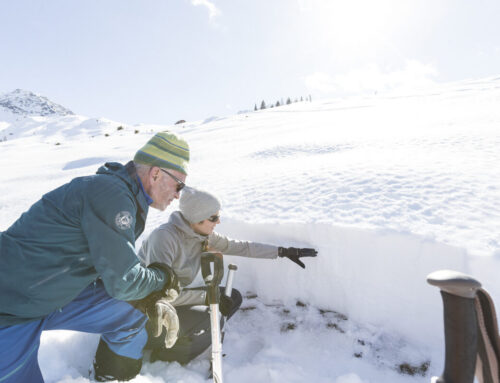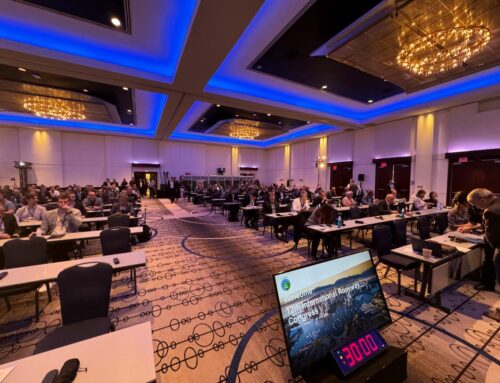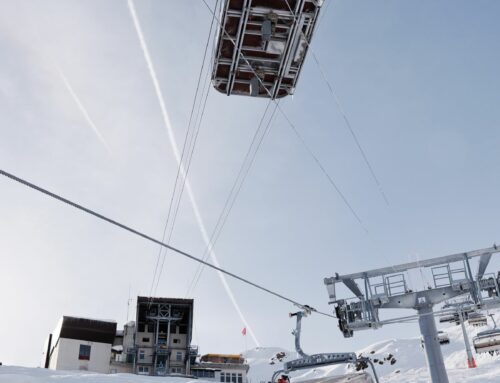
Digitalisation & Innovation, SI World 1/2021, SI-Alpin
Digitalisation – actual & vision: Digital trends after Covid-19
SI World: How will the Covid-19 years 2020 and 2021 be remembered in retrospect?
Gilberto Loacker: They will become a scar. The commercial loss, particularly in winter 2020/21, will leave long-term, lasting economic damage.
Which steps in digitalisation have been and will be accelerated or compelled since spring 2020, as a result of Covid-19?
The digitalisation of all distribution channels (ski passes, railway tickets and more), digital queuing (waiting/queuing) and digital bookings with service providers (such as restaurants, ski hire, ski school) will be greatly accelerated.
What good examples of this can be found in Europe, as role models for destinations all over the world?
With regard to digitalisation in sales, the new Jungfrau railway terminal in the Swiss village of Grindelwald is a particularly good example. The railway here intersects with two large cable cars, a car park, ski hire and various shops. The building was constructed to take digitalisation into account. Some guests are still served at tills but most are now handled digitally. There are online shops, app solutions and machines on site for self-service train tickets together with seat reservations, ski passes or mountain railway tickets, ski hire, parking tickets, table reservations for mountain restaurants on the Jungfraujoch and much more.
Austria’s Ziller Valley has created a shop & app solution with the myZillertal app, for digital marketing of many services without the need for guests to queue for service providers. This includes ski passes, mountain railway products, experiences, ski hire, ski school, parking tickets, shuttle services, accommodation and similar provisions.
In the Swiss village of Andermatt, new methods of digital queuing are being explored on the shuttle railways (Gütsch Express gondola lift, Gemsstock aerial tramway). Guests can book entrance to a gondola and therefore do not need to wait when they arrive. As a result, those who are punctual can board conveniently. Anyone who turns up without a digital booking can join the waiting list digitally, by means of a QR code on site. With the allocation and online ticketing system in use since winter 2020/21, Lower Austria’s ski resorts are another excellent example.

Gilberto Loacker is a cofounder and president of Alturos Destinations (Skiline and more) with sites in Austria, Switzerland and France. www.alturos.com. Photo: Alturos
Where and how could “more” be done in terms of digitalisation?
A “fear” of queues is something that people will not be able to shake off, even after Covid-19. Consequently, we need to make use of digital systems to avoid queues. Whereas they were previously a tolerated evil, queues have been regarded as an attack on health since Covid-19 and are now an absolute no-go. The interfaces with guests for ski pass sales, ski hire, ski school, restaurants etc. therefore need to be reconsidered and adapted.
What is the vision of the ideal digital ski resort of the future?
In a holiday destination, guests want holistic service. They want to be able to “buy” and consume easily and conveniently, to have fun and to enjoy recreation. It makes no difference to them who is responsible for the service provision. This means we need to take a holistic view of guests’ needs.
Which specific steps should ski resorts and tourist destinations take to accelerate their digitalisation?
Essentially, digitalisation needs to be taken seriously and classified as a top-priority project. As sufficient resources and skills are not generally available, collaborations should be established with neighbouring partner destinations, in order to pool strengths. This is demonstrated for example in Austria’s Ziller Valley, the cantonal tourism marketing of Valais in Switzerland and the Swiss sales project Graubünden360.
It is important not to underestimate the technical and organisational complexity of the systems required. As such, we recommend choosing digitalisation partners who are able to develop and operate destination-wide digital sales systems.
The interview was conducted by Oliver Pichler







